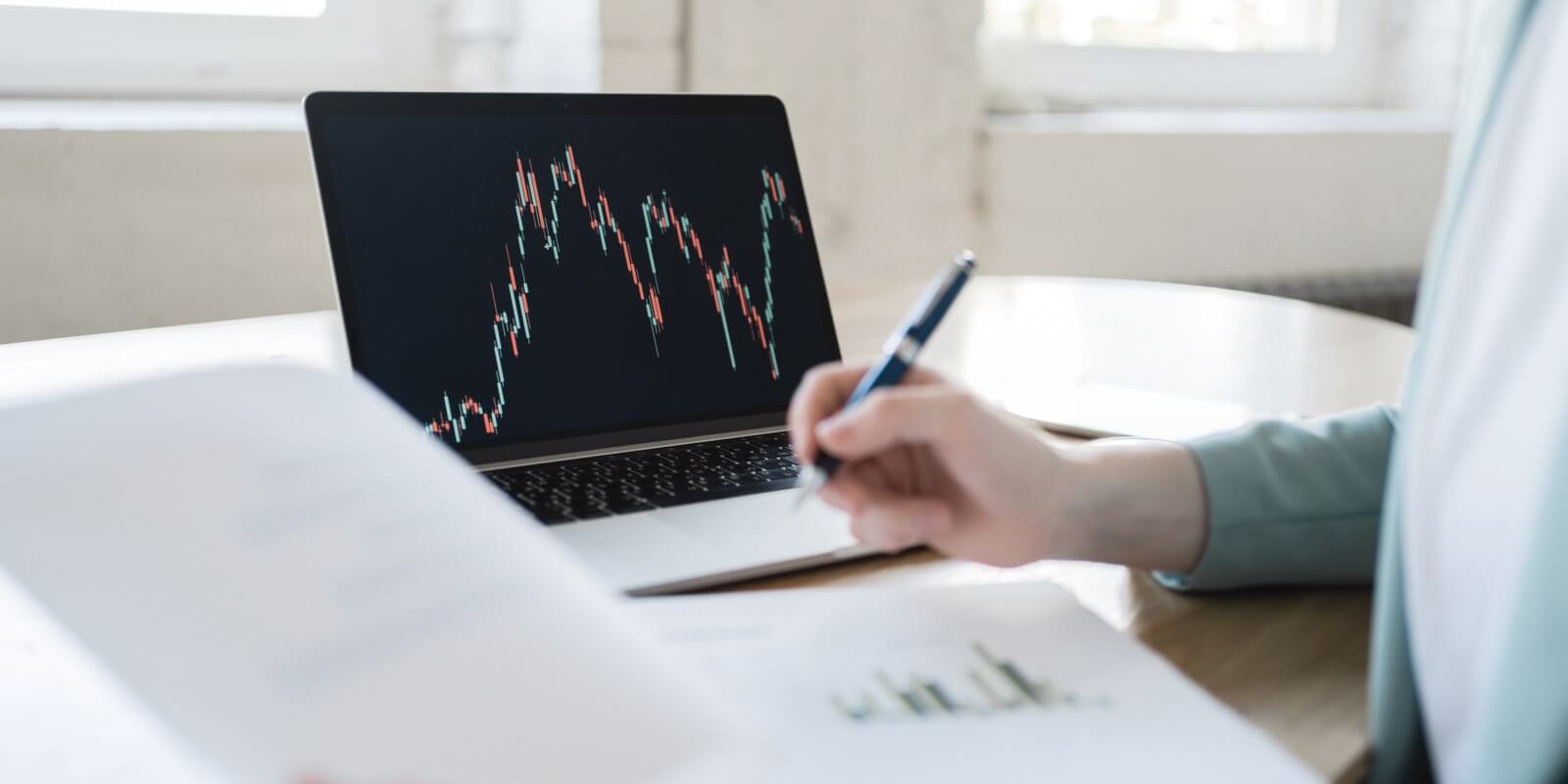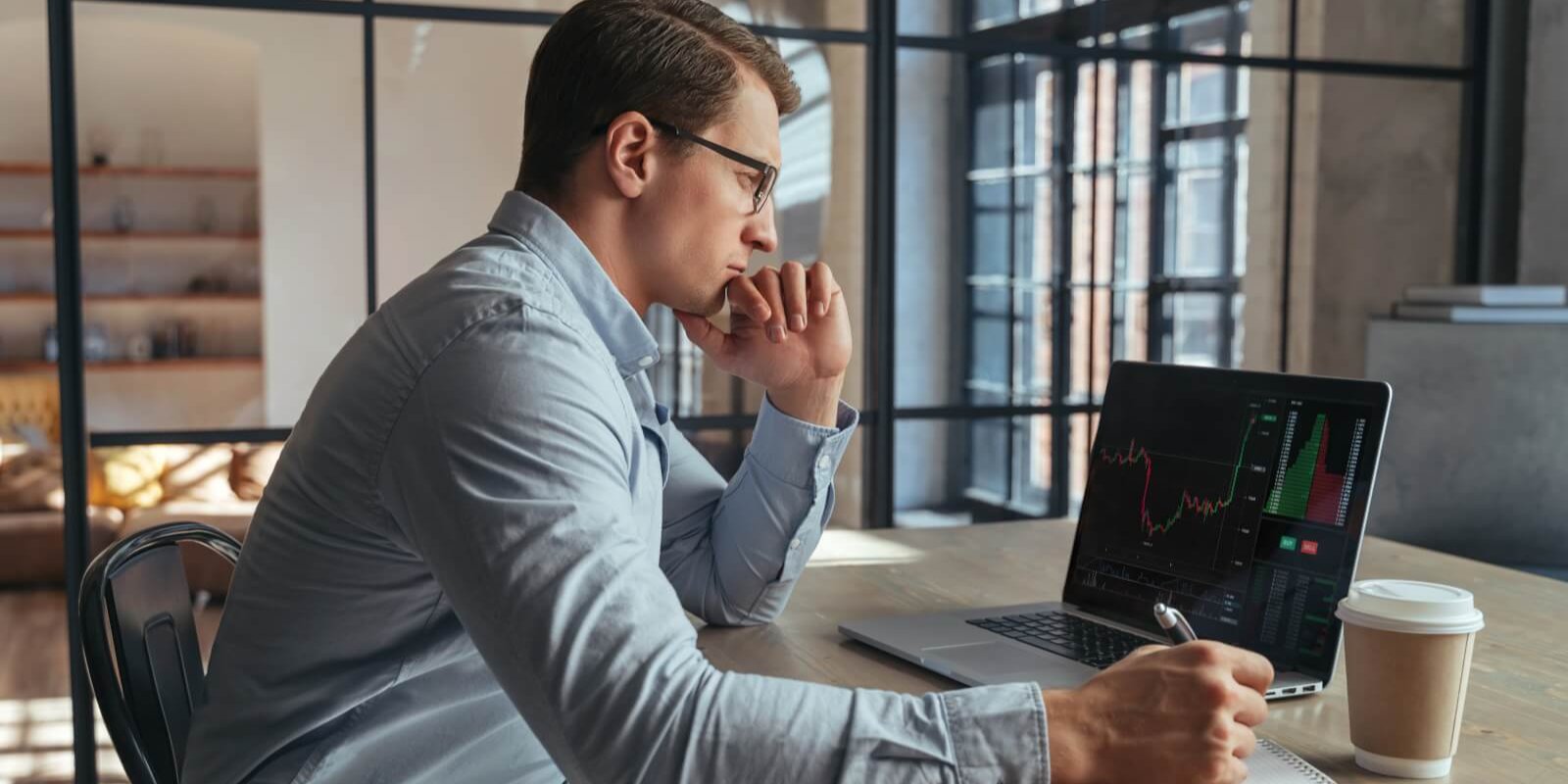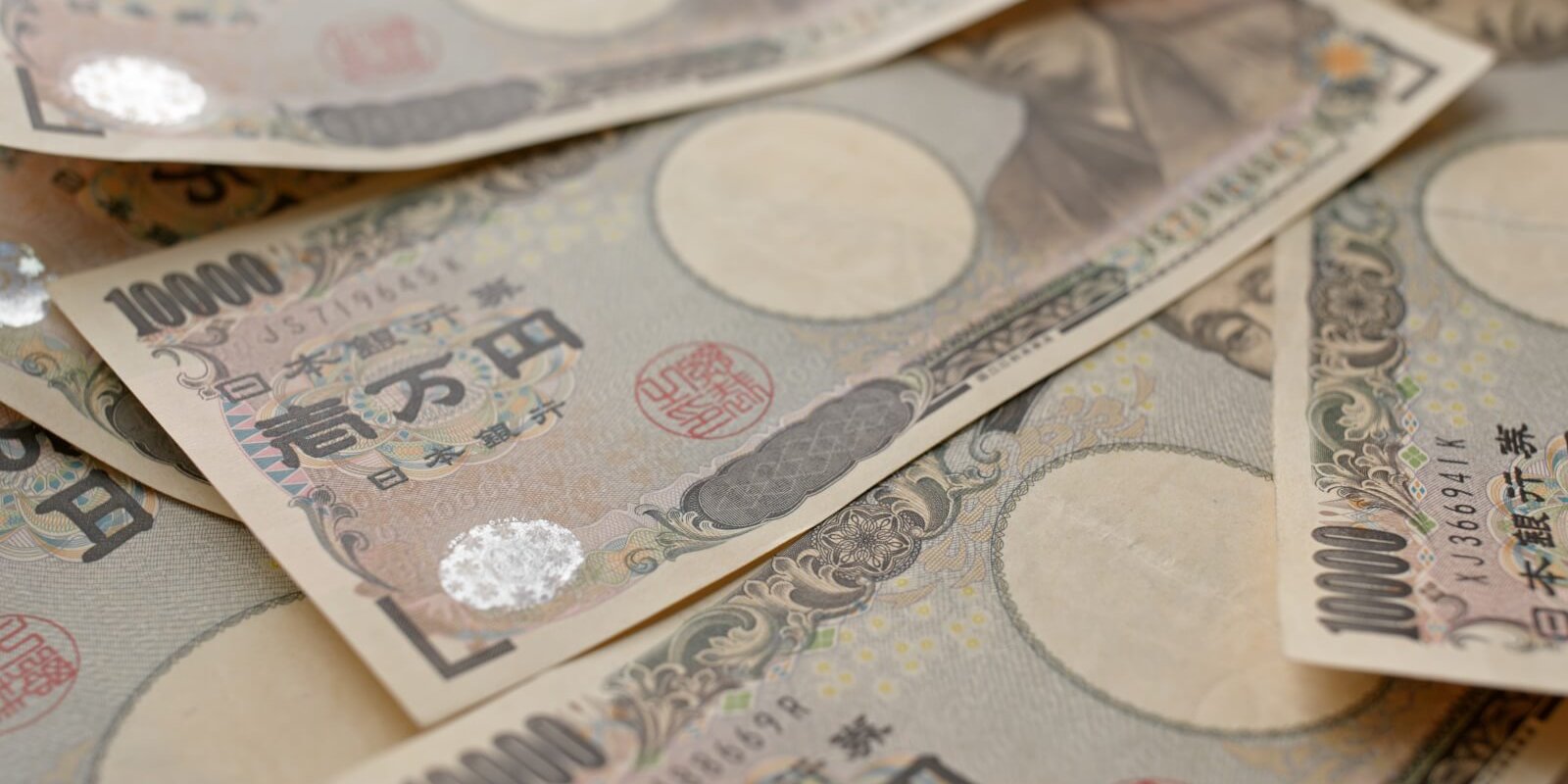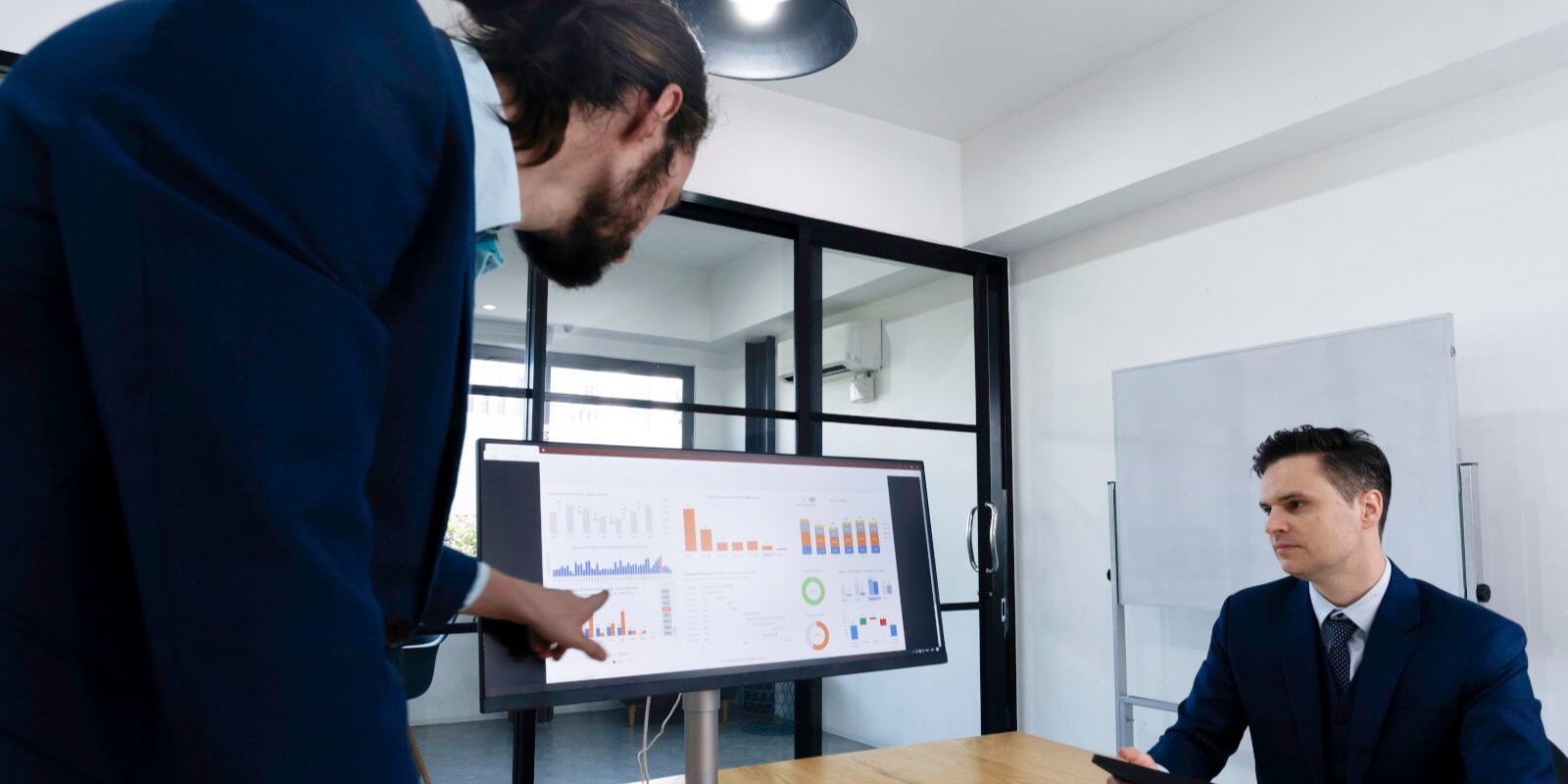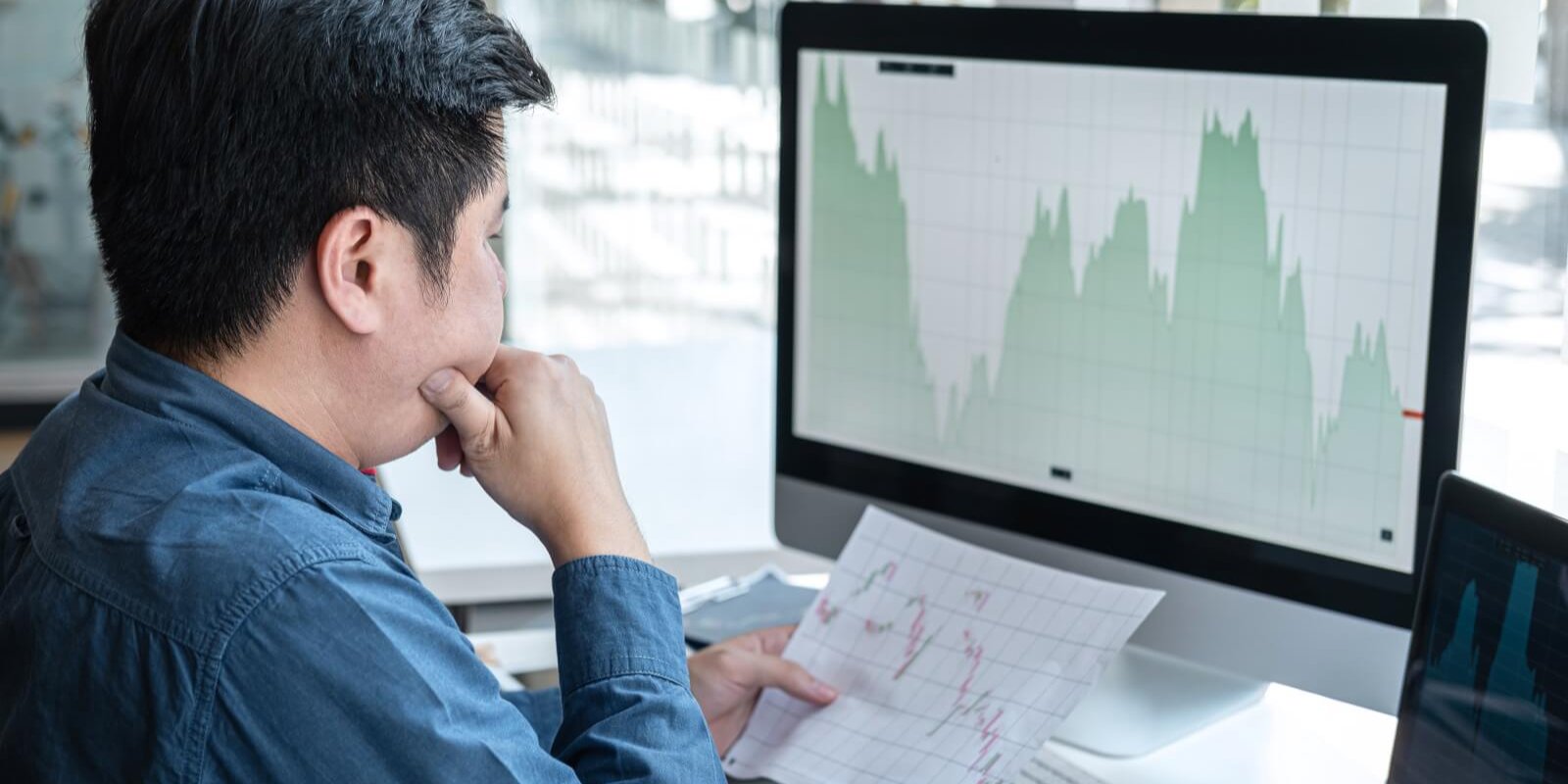Blog
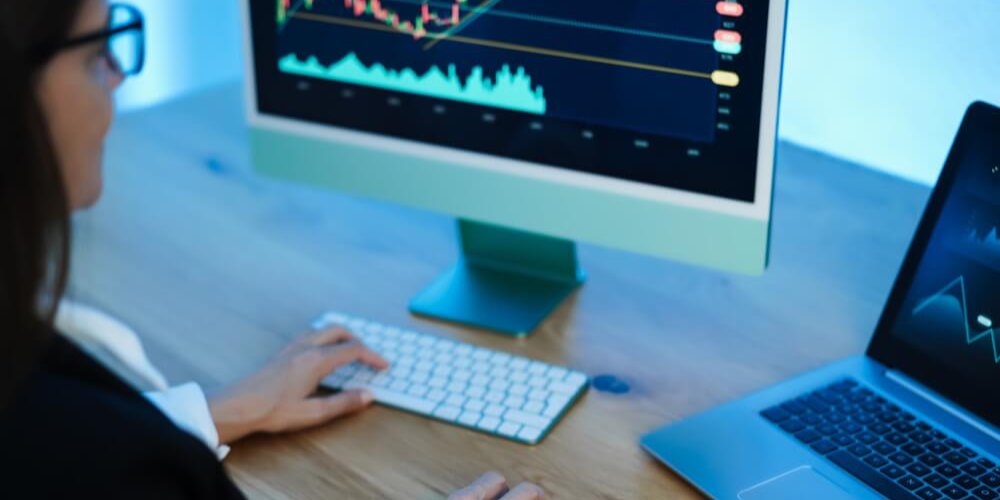
Getting Started in Forex Trading: How Much Money Do You Need?
Forex trading has become increasingly popular in recent years, with many people seeing it as a potentially lucrative way to earn money outside their regular income. However, one of the most common questions new traders have is: "How much money do I need to start Forex trading?" This article seeks to answer this question, remembering that it's often better to start small and learn the ropes before investing substantial sums.
The Initial Capital Requirement
Forex trading is one of the few types of investment trading that doesn't require a significant amount of initial capital. Many Forex brokers allow traders to open an account with as little as $10. However, starting with such a small amount has its own challenges, especially when dealing with spreads and profitability.
Generally, a recommended starting point for beginner traders might be around $100 to $500. This amount offers a balance, providing some buffer for losses while not being so large that it will cause significant financial distress if lost. Remember, even professional traders can have losing trades, and having enough capital to withstand these losses is essential.
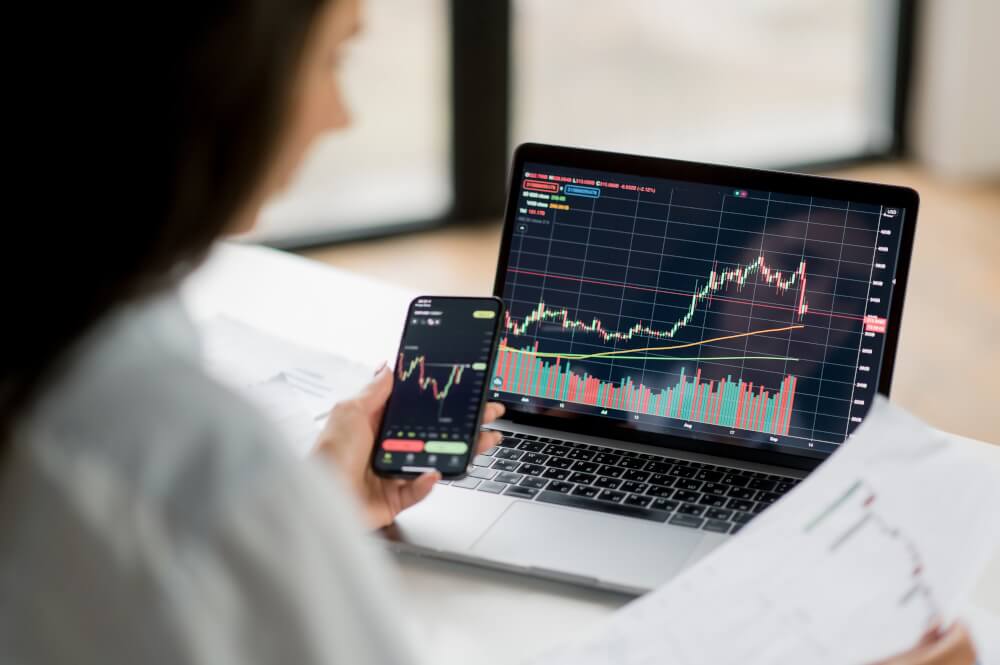
The Benefits of Starting Small
Starting small in Forex trading has a host of benefits. First, it exposes new traders to the actual trading process without risking losing large sums of money. This is especially important because real money trading involves emotions and pressures absent in demo trading. Thus, starting small allows you to experience these pressures without risking significant financial loss.
Secondly, it allows you to test your trading strategy in real-world conditions. While demo trading is excellent for learning the basics and practicing, it only partially replicates the conditions of a live trading environment. Starting small allows you to test your strategy with real money, giving you invaluable experience and knowledge.
Importance of Demo Trading
Before opening a real trading account, practicing using a demo account is crucial. Most brokers offer demo accounts where you can trade with virtual money. These accounts allow you to learn the basics of Forex trading, practice your strategy, and become familiar with the trading platform without risking real money. It's advisable to spend significant time on demo trading until you are consistently profitable and confident enough to risk real money.
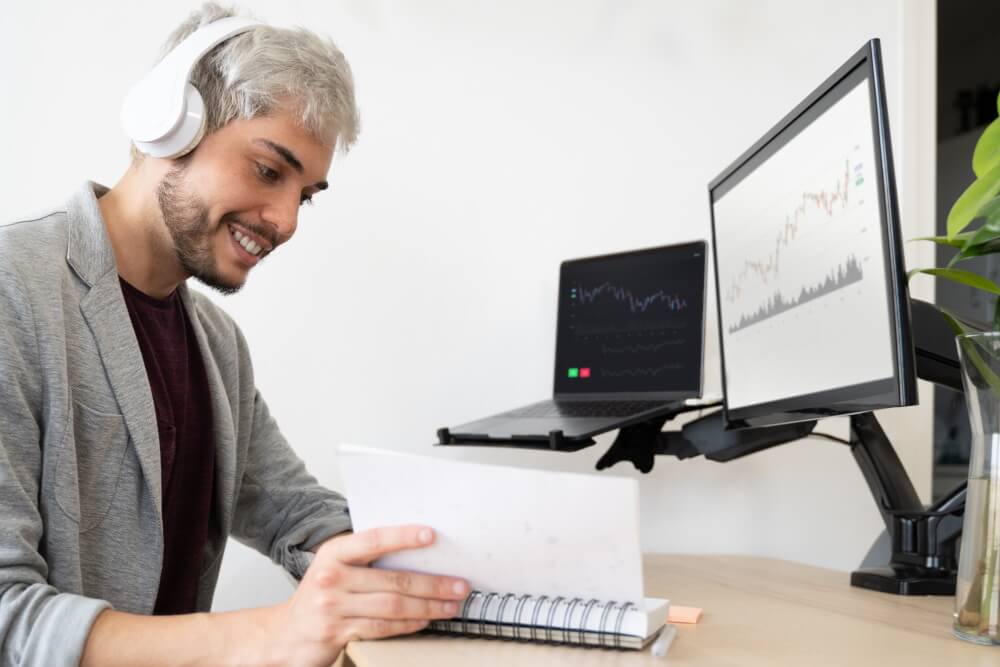
Choosing the Right Broker
Choosing the right broker becomes even more important when starting with a small account. Some brokers allow small accounts but can have larger spreads, which can eat into your potential profits. High spreads mean you start each trade at a loss, which needs to be recouped before making a profit. Therefore, it's crucial to find a broker that allows small accounts and offers competitive spreads.
Several brokers cater specifically to small account holders, offering low minimum deposits, micro and nano lot sizes, and competitive spreads. These brokers are ideal for beginners who want to start small. However, always do thorough research and check broker reviews before opening an account to ensure the broker is reputable and regulated.
Conclusion
Starting Forex trading doesn't require a considerable investment, and many argue that starting small is the best way to commence your trading journey. A small account minimizes your financial risk and provides you with a real-world trading experience that demo trading cannot replicate. Furthermore, it allows you to test your trading strategy and learn from your mistakes without causing significant financial distress.
The key lies in dedicating ample time to practice on a demo account, developing a solid trading strategy, and finding a reliable broker that caters to small account holders. Forex trading is not a get-rich-quick scheme but a skill that requires time, patience, and perseverance. Starting small and gradually increasing your investment as you become more experienced and confident can help you navigate the Forex market successfully.
